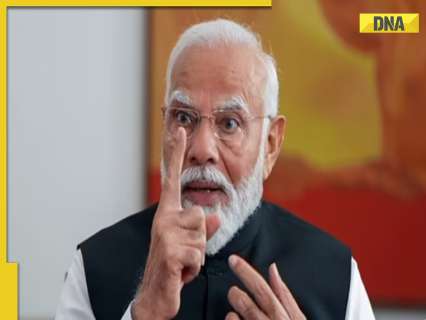Pune: In a delightful twist to the age-old tradition of Rakshabandhan , the festival of celebrating the bond between a brother and a sister is now embracing the power of sisterhood with open arms. This year, a social media trend has beautifully woven the essence of feminism into this sacred thread, encouraging women to celebrate their bonds by tying rakhi to their sisters. The trend has caught the attention of rakhi makers , who have responded by launching a range of special “sister rakhis” adorned with endearing messages like “Best Sister Ever” and “I love you sis.
” Ruchit Dugar, co-founder of Mumbai-based Tonoto, said, “We entered into the rakhi market three years ago when we got a lot of requests from customers who wanted to buy our vibrant rakhis for their sisters. Last year, we launched one variety of sister rakhi with ‘Sis’ written on it. The response to the rakhi was phenomenal.

We could not fulfil about 30% of orders.” Dugar said, “This year we have launched more varieties and have delivered over 20,000 rakhis so far across Delhi NCR, Mumbai, Bangalore, Hyderabad and many tier-two cities. Our ‘little sister-big sister’ combo rakhis are extremely popular.
” The increasing variety of sister rakhis in the market is driven by demand, said Sanjula Soni, founder of Delhi-based roSa Artistry. “After launching sustainable rakhis that can be worn even after the festival, many customers said they wanted rakhis for their sisters as well as their brothers. It was then that I came to know about women tying rakhi to their sisters as well,” Soni said.
“Our sister rakhis are made with real flowers that women can wear with both western or Indian attire. The rakhis have petals of roses, chrysanthemums, daisies and so on in a transparent encasement on a golden bracelet,” said Soni, who was ecstatic after surpassing 100 such orders for sister rakhis in a single day for the first time. Interestingly, the tradition of tying a rakhi to sisters-in-law has been a part of the Rakshabandhan celebration in several Indian states, symbolising the welcoming of the bride into her new family.
In families blessed with only daughters, sisters tying rakhis to each other has been a heartfelt practice, underscoring the idea that the festival is a celebration of protection, love, and care, irrespective of gender. “My brother and I are twins, and we have always tied rakhi to each other. We also give each other gifts.
The same ritual is followed among our cousins as well,” said Richa Bhatia, a legal consultant..

















